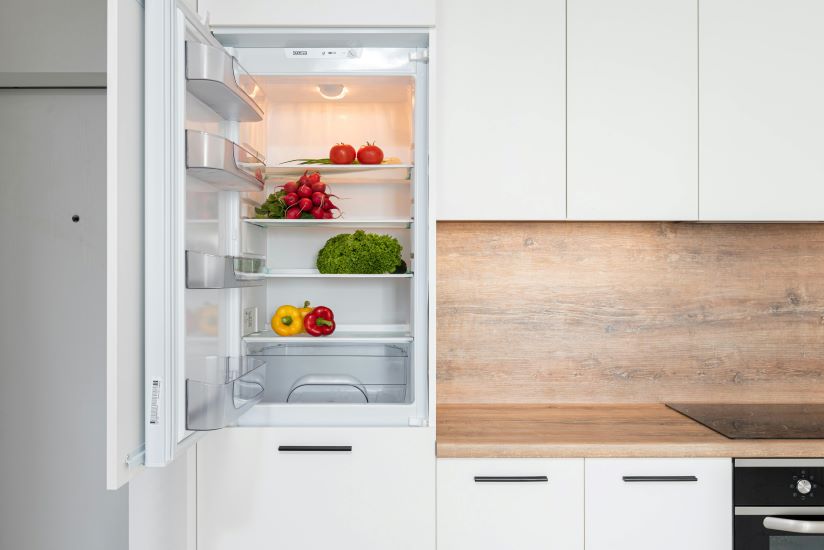10 Foods You Should Never Refrigerate

Refrigeration is a common method of food preservation, but not all foods benefit from being stored in the fridge. In fact, some foods can lose flavor, texture, and nutritional value when refrigerated. To help you optimize storage and maintain freshness, here are ten foods that you should never refrigerate:
1. Potatoes: Refrigeration can cause the starch in potatoes to convert into sugar, altering their taste and texture. Store potatoes in a cool, dark place, away from onions, to prevent sprouting and maintain freshness.
2. Onions: Onions require good air circulation to prevent mold and sprouting. Storing them in the fridge can cause them to become soft and moldy. Instead, keep onions in a cool, dry place, such as a pantry or cellar.
3. Tomatoes: Refrigeration can cause tomatoes to lose their flavor and become mealy in texture. Store tomatoes at room temperature, out of direct sunlight, and use them within a few days for optimal taste and freshness.
4. Garlic: Refrigerating garlic can cause it to sprout and become rubbery. Instead, store garlic bulbs in a cool, dry place with good air circulation, such as a pantry or countertop.
5. Avocados: While ripe avocados can be stored in the fridge to slow down ripening, unripe avocados should be kept at room temperature to allow them to ripen properly. Once ripe, store avocados in the fridge and use them within a few days.
6. Bread: Refrigerating bread can cause it to become stale and dry faster. Store bread at room temperature in a bread box or paper bag to maintain freshness. If storing for longer periods, freeze bread and thaw slices as needed.
7. Melons: Whole melons, such as watermelon and cantaloupe, should be stored at room temperature until ripe. Once cut, store melon slices in the fridge in an airtight container for up to a few days.
8. Honey: Honey has natural preservatives that inhibit bacterial growth, so refrigeration is unnecessary and can cause honey to crystallize. Store honey at room temperature in a sealed container to maintain its texture and flavor.
9. Coffee Beans: Refrigerating or freezing coffee beans can cause them to absorb moisture and lose flavor. Instead, store coffee beans in an airtight container at room temperature, away from heat and light, for optimal freshness.
10. Bananas: Refrigerating bananas can cause the peel to darken prematurely, but the fruit inside will still ripen. Keep bananas at room temperature until ripe, then transfer them to the fridge to slow down further ripening.
Conclusion: By avoiding refrigeration for these ten foods, you can preserve their flavor, texture, and nutritional value for longer periods. Proper storage in a cool, dry place will help maintain freshness and optimize your culinary experience. So next time you’re stocking your fridge, keep these tips in mind to make the most of your food storage practices.
Picture Courtesy: Google/images are subject to copyright








